
Azstarys is approved to treat patients 6 years and older.
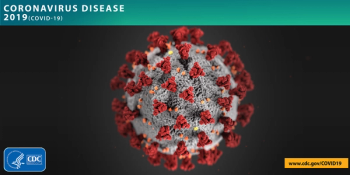
Most of the suspected cases of myocarditis developed after the second dose of the vaccine and were among younger males.

After having thrived in a fee-for-service healthcare system, can chronic disease specialists be enticed to switch?
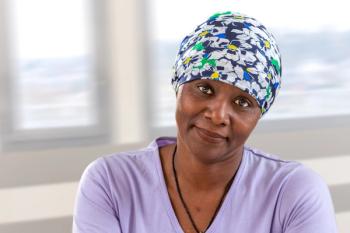
Sixty percent of patients likely to move forward with a healthcare decision not recommended by their physician, according to a TrialJectory Survey.

Wynzora is a cream-based, fixed dose combination of calcipotriene and betamethasone for topical treatment of psoriasis.
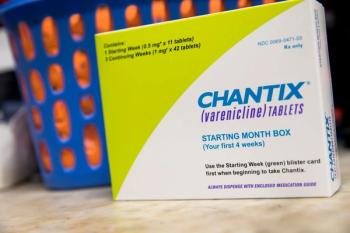
This is being done in coordination with the FDA to address the shortage created by the recall of Chantix. UPDATE: Pfizer has expanded its recall of Chantix from nine lots to 12 lots.
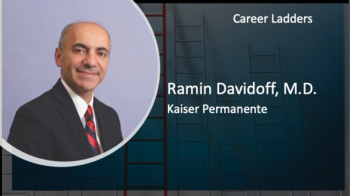
Ramin Davidoff, M.D., co-CEO of the Permanente Federation, has applied lessons he learned as a child. “There is no substitute for working hard and to always treat your people kindly, professionally and respectfully.”

The company’s stock began dropping on Tuesday with analyst expectation the FDA will issue a Complete Response Letter for tenapanor, its chronic kidney disease therapy.
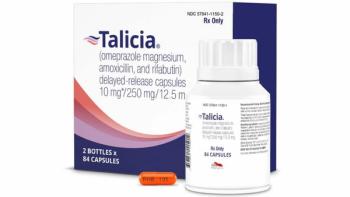
Eight out of 10 covered U.S. commercial lives now have access to the H. pylori therapy.

Oscar and Bright Health, with their retail orientation, are attracting investment, adding members, entering partnerships and making acquisitions.

When wondering what step to take first after learning of your cancer diagnosis, assembling the right care team and creating a treatment plan designed uniquely is important to get you on the right track. Comprehensive biomarker testing can then help identify your type of lung cancer and help move steps forward for proper care.

Angela Celestin, executive vice president and chief human resources officer for CareFirst BlueCross BlueShield, had a career outside of healthcare before working at CareFirst. “Healthcare was going through some major changes, and I wanted to be part of that change,” she says.

The FDA’s accelerated pathway gets drugs to market quickly, but it also can mean patients are put on therapies that do not actually provide a clinical benefit.

Vaxneuvance is approved for 15 serotypes, including those that are major causes of disease.

Some see the upward trend in cancer drug costs as accelerating — and unsustainable. Value-based pathways might rearrange the incentives to put some downward pressure on prices.

An advisory committee recommends against approving an anemia drug. Darzalex Faspro receives another indication, Bayer receives approval for Kerendia for chronic kidney disease, and FDA delays its decision on sNDAs for JAK inhibitor therapies for atopic dermatitis.
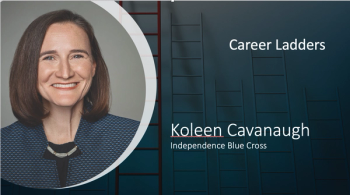
Koleen Cavanaugh, vice president of marketing at Independence Blue Cross in Philadelphia, says starting in customer service was the best thing for her career.

In this week's episode, Associate Editor, Briana Contreras spoke with Dr. Florian Otto, co-founder and CEO for Cedar, a complete healthcare financial engagement platform. Dr. Otto discussed the topic of compassionate billing and how this particular payment model is becoming triumphant over traditional healthcare payment models where patients are experiencing an increase in insurance deductibles and out-of-pocket medical expenses.

The first generic of the high-dose intravenous iron, a generic of Feraheme, is now available.

Researchers are documenting how income volatility is affecting the middle class and healthcare decisions of its members.

Biogen officials defended the company's Alzheimer's drug and criticized ICER's cost-effectiveness report today at a meeting of one of the group's advisory committees. But the committee cast a series of votes that showed the members have a low opinion of the drug.

Committee members raised safety concerns about FibroGen/AstraZeneca’s oral therapy roxadustat.
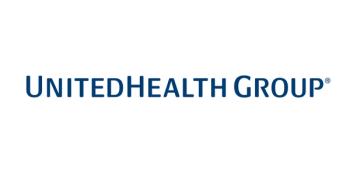
Several large payers are waiting on results from the National Coverage Determination.

After generic entry, Zytiga’s market share fell to about 14% and monthly net sales across the entire market fell 85%.

With the COVID-19 pandemic almost in our rear-view mirror, we stand on the horizon of a profound change in healthcare: The evolution of primary care from a static provider relationship to a virtual care team in your pocket.

Romilla Batra, M.D., MBA, chief medical officer of SCAN Health and a professor of medicine at University of California, Irvine, says she was drawn to working for SCAN because “its mission resonated so strongly with me."
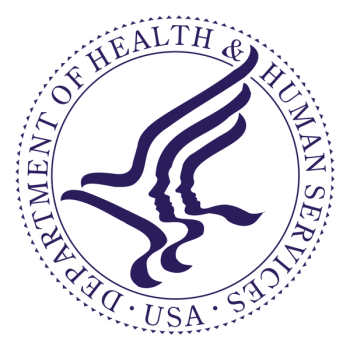
New analysis suggests that even with rebates, the new Alzheimer’s therapy could have implications for Medicaid drug spending.

International Generic and Biosimilar Medicines Association recently released the report, "A Vision for the Global Generic and Biosimilar Medicines Industry,” covering the current global Generic and Biosimilar medicine industry, and released a vision of what the market will be in 2030 and how to achieve it.

ICER has entered the fray and is holding virtual public meeting tomorrow.
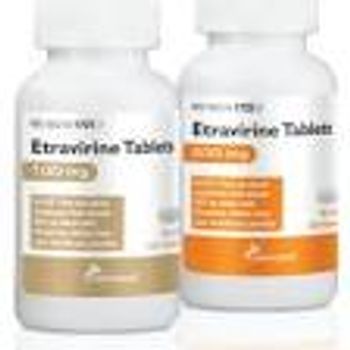
The first generic equivalent of the HIV therapeutic is now available.